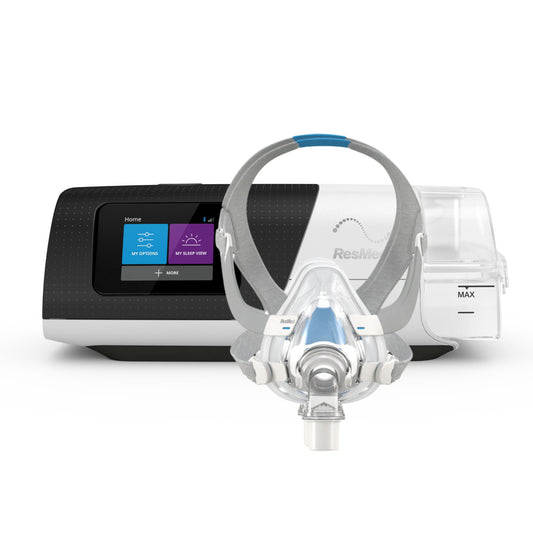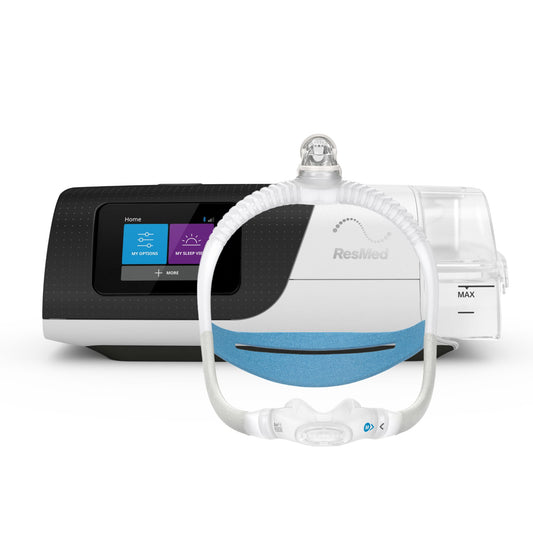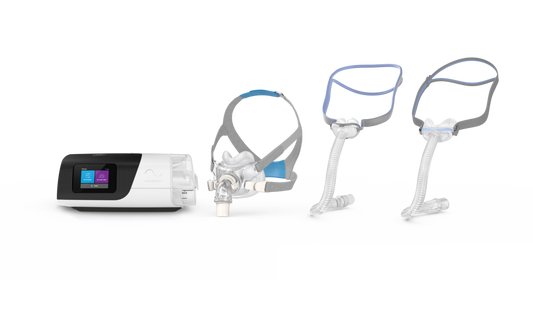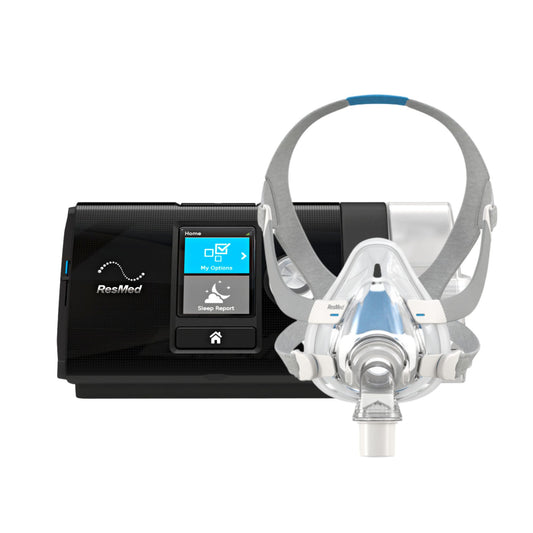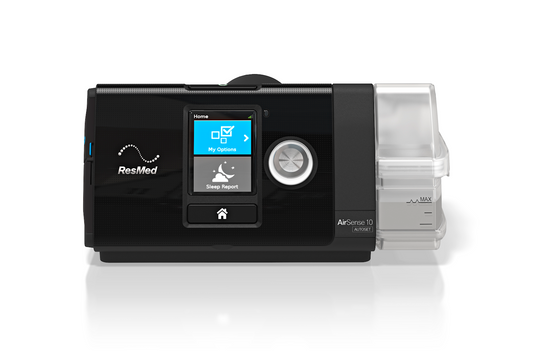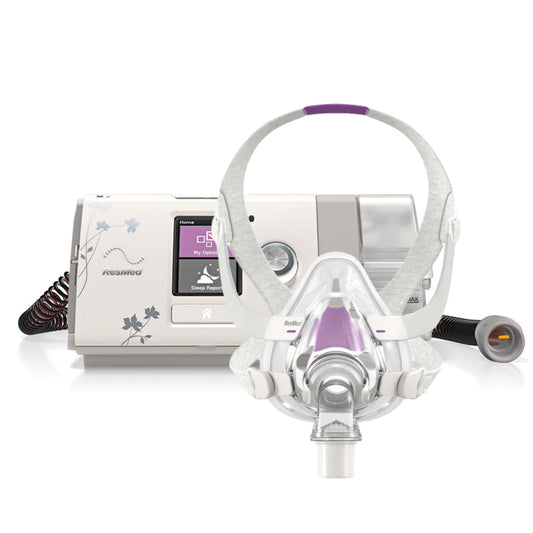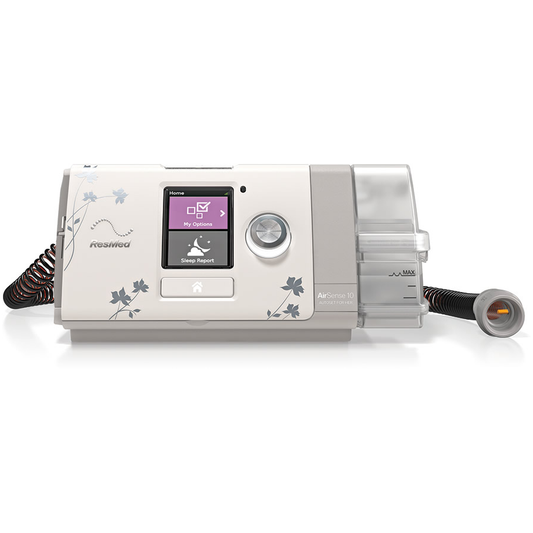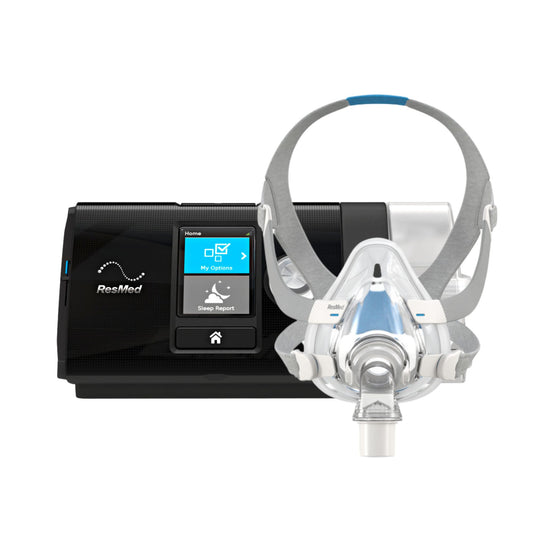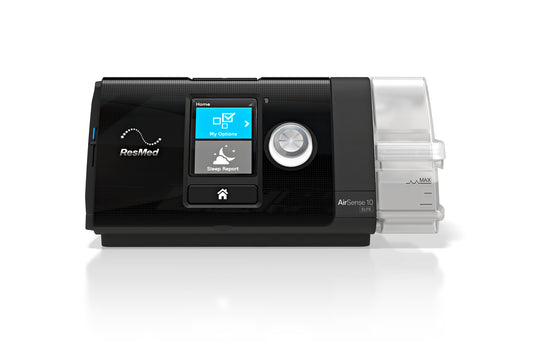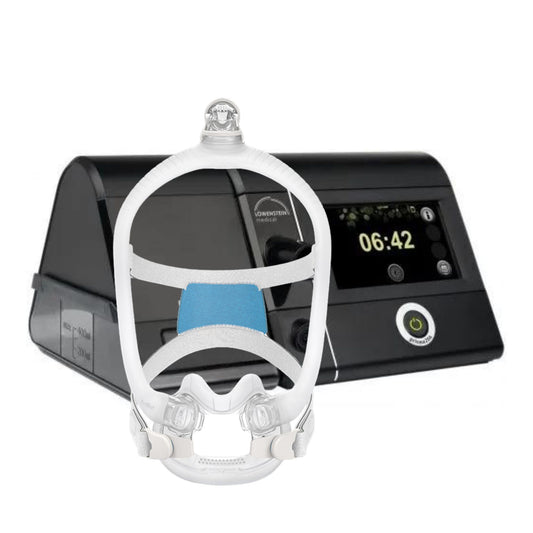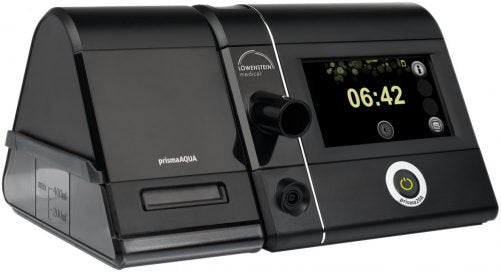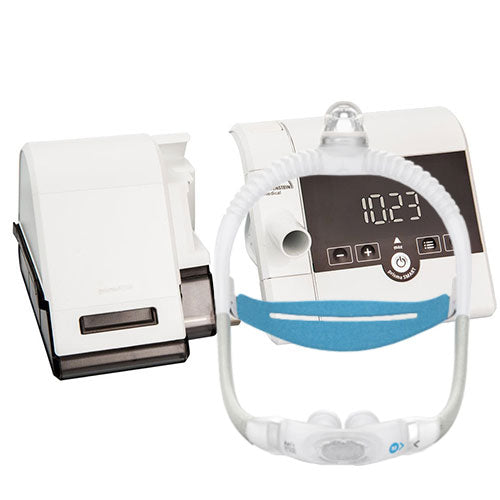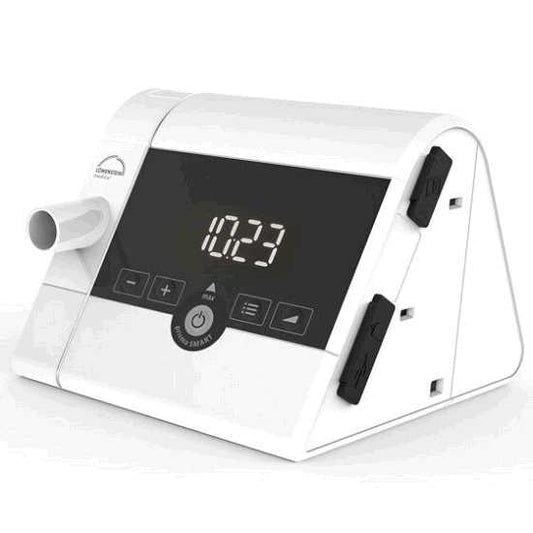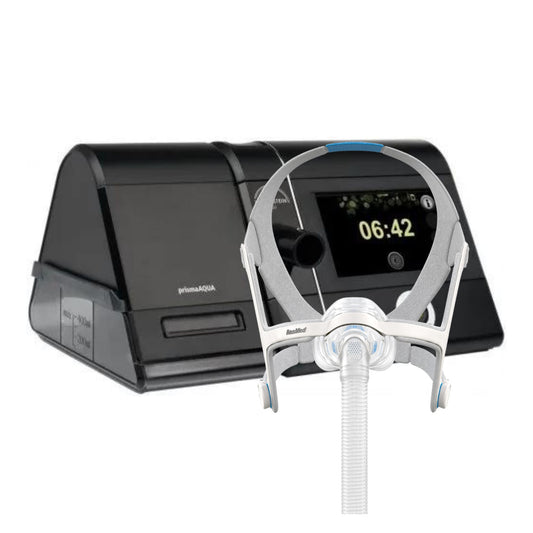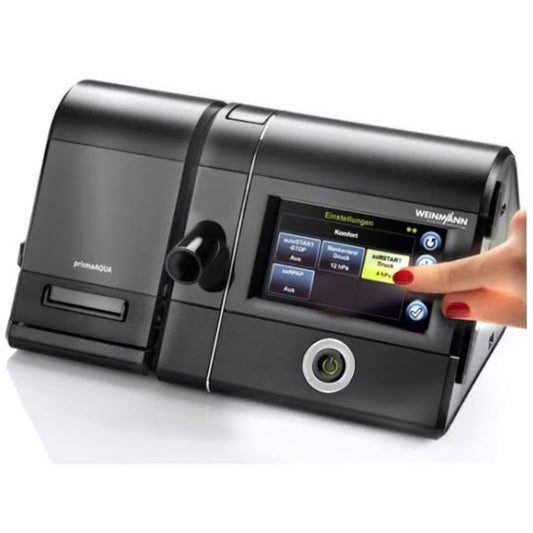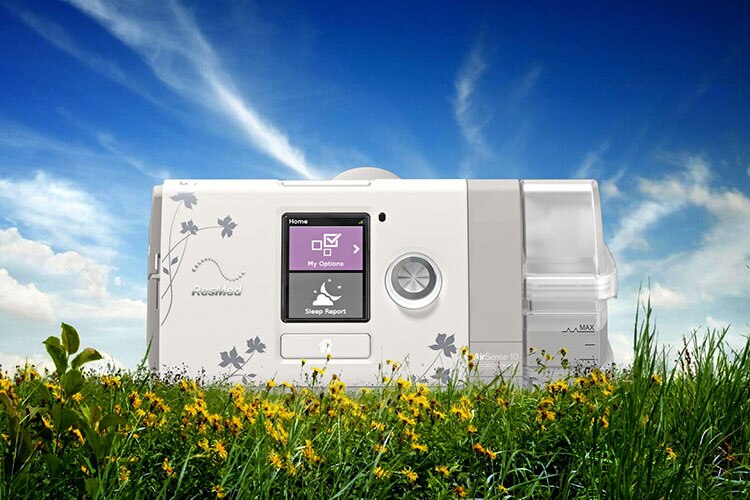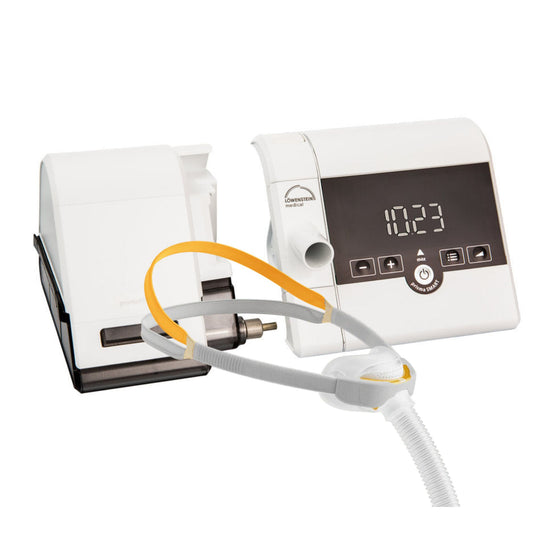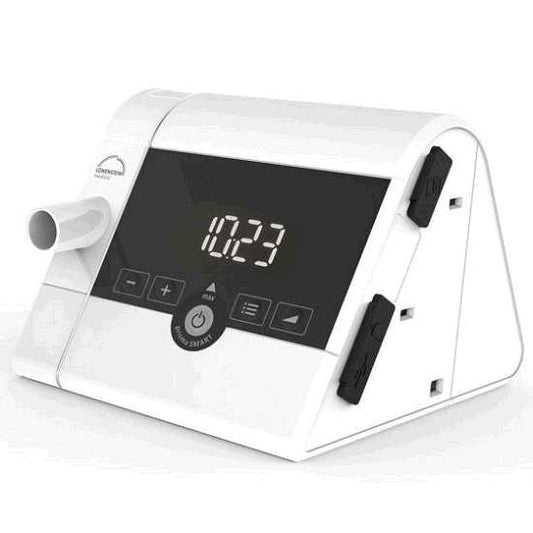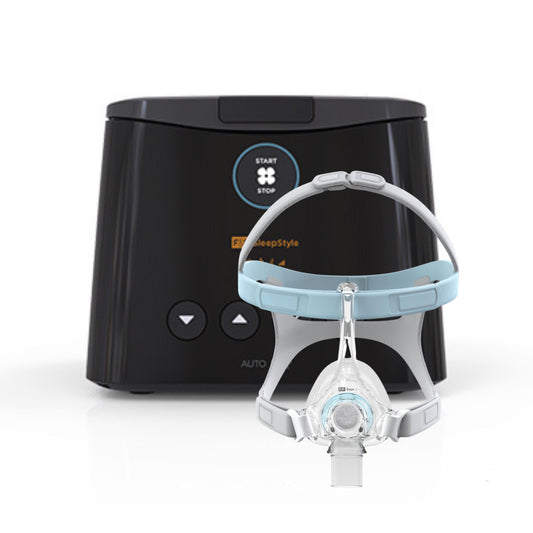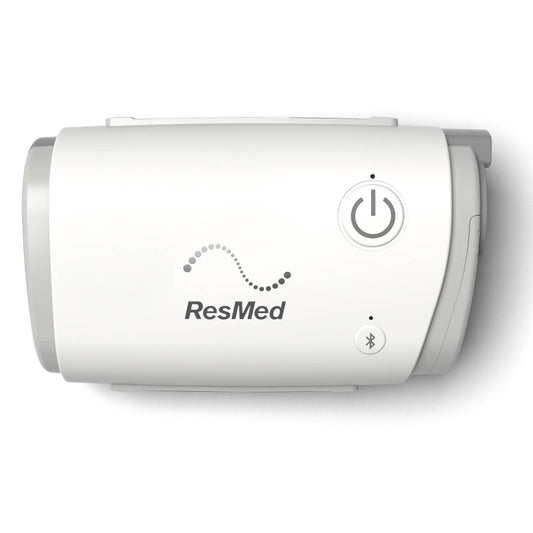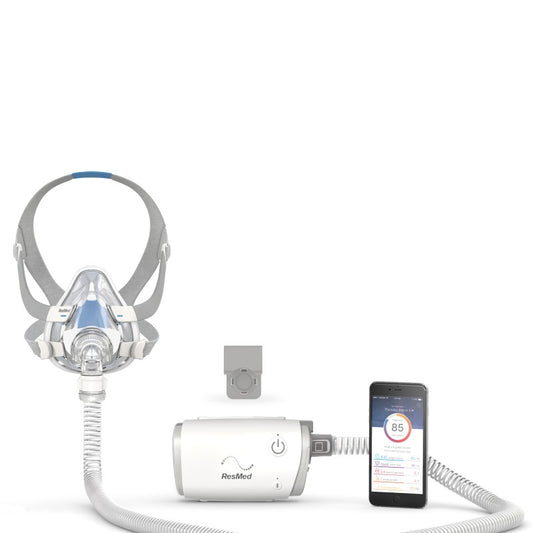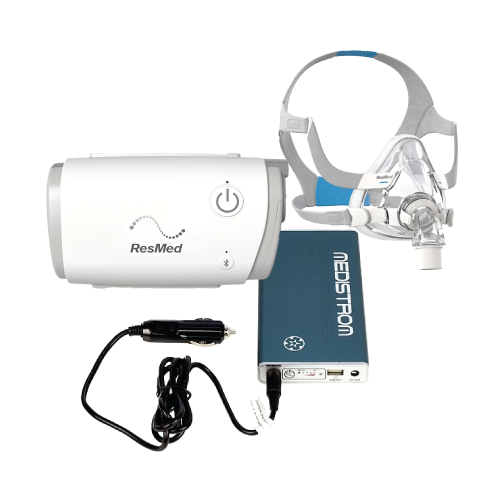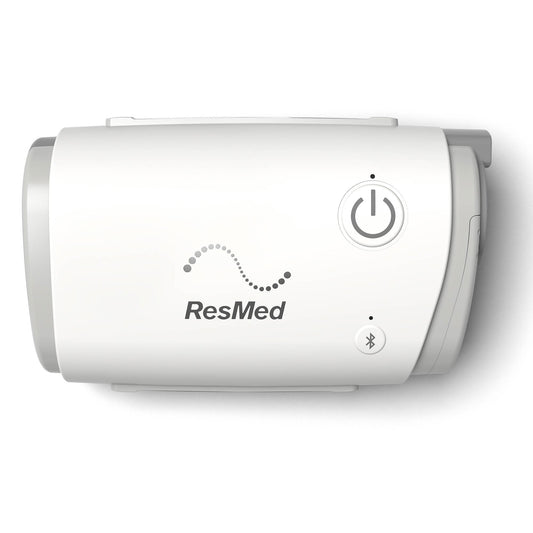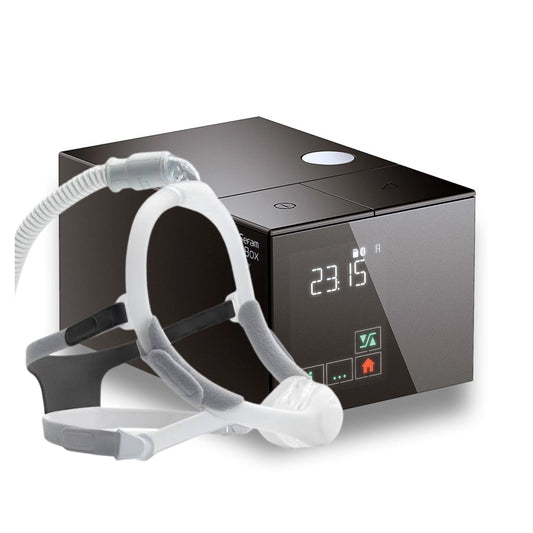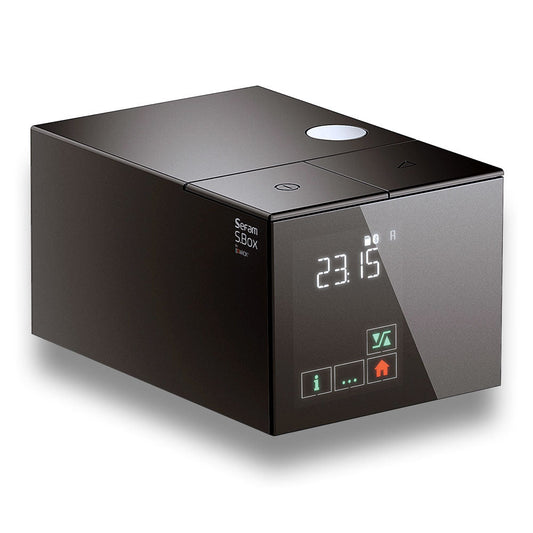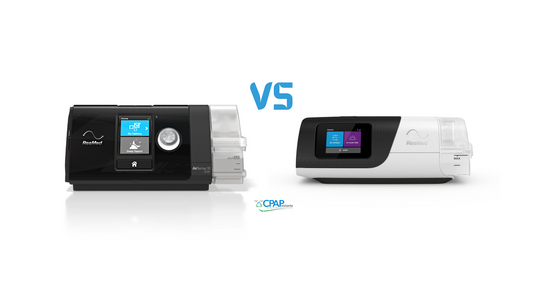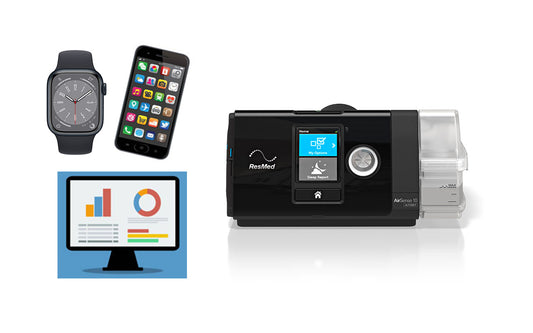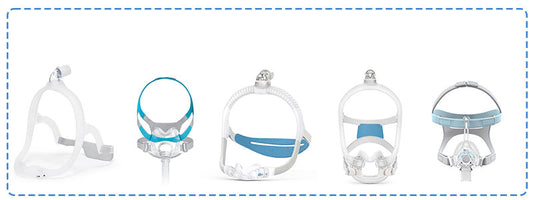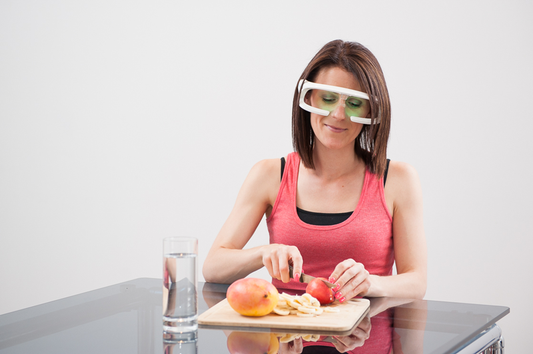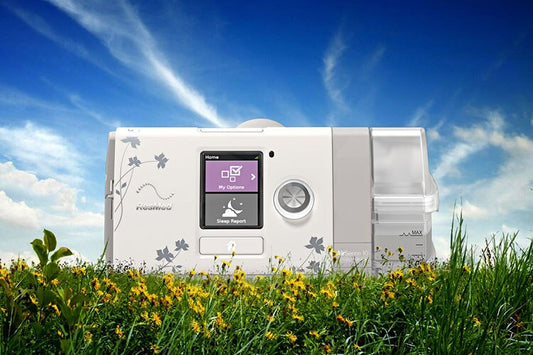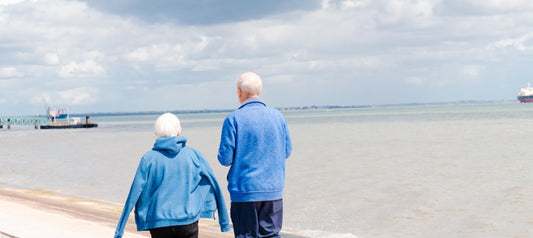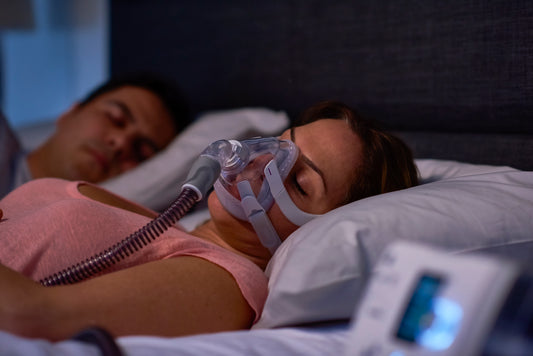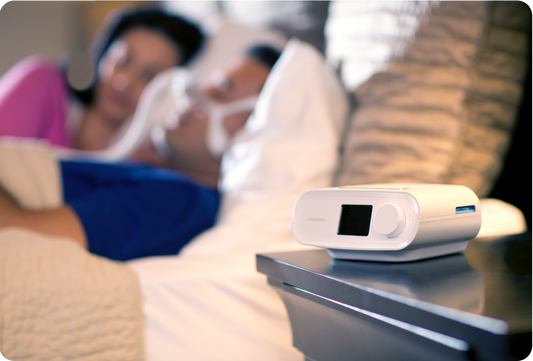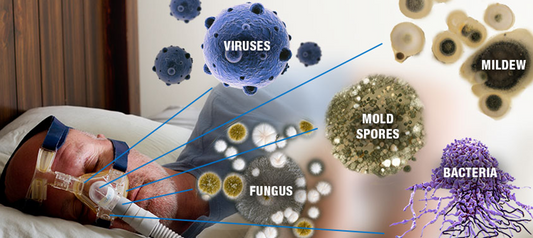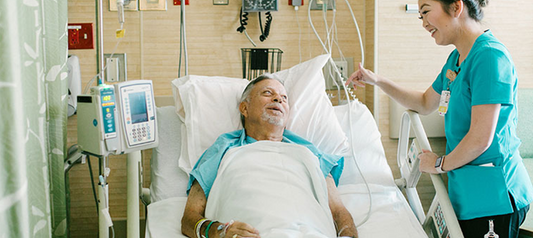With the first day of Spring having officially arrived, we can all look forward to those warmer days and...a few extra challenges for some of us with our CPAP therapy!
Spring can be a time when airborne respiratory viruses left over from Winter and the increased Spring allergens in the air can make the use of continuous positive airway pressure (CPAP) devices a little trickier for some people. Both winter and spring have been associated in some cases with higher apnea levels. Dr. Walter at the Monash Institute of Medical Research has suggested that this may be because both the flu and hay fever can lead to a slight inflammation in the tonsils which increases obstruction in the airways during sleep. Being aware and treating the complications that hay fever and the flu can cause those with OSA, can increase the likelihood of you continuing with good quality CPAP therapy and a great sleep in the Spring months.
In Australia, the higher levels of pollen in the air in Spring and Summer also lead to an increased occurrence of Asthma and Allergic Rhinitis or Hay Fever affecting about 18% of the population. Complications of untreated allergic rhinitis are similar to those of obstructive sleep apnea with symptoms including sleep disturbance, daytime tiredness, headaches and poor concentration. Furthermore, the congestion or runny nose arising from these conditions can make it difficult to use a CPAP mask and this is especially the case for those using a nasal or nasal pillow CPAP mask.
For those who have difficulties with CPAP use in the spring due to asthma or other allergy-related respiratory disturbances, there are several things you can do to make your sleep, your life, and your CPAP therapy a little easier. If you are allergic to grass pollen, the Australian Society of Clinic Immunology and Allergy (ASCIA) recommends avoiding being outdoors on high pollen days and avoiding going out during or just before thunderstorms when the high winds will stir up pollen in the air. Nasal sprays from the chemist are also a great way to clear up nasal congestion before putting on your CPAP mask. However, prolonged and ongoing use of certain nasal sprays can lead to tissue damage inside the nose in some cases. Some nasal sprays also contain corticosteroids and long-term use can cause nosebleeds, or headaches, and other side effects. So, you should always consult your doctor regarding the use of products. Natural methods of nasal decongestion such as saline solution nasal sprays can also be useful and can be used on an ongoing basis. For some people, immunology can also be effective in creating long-lasting improvements in allergy-related symptoms. However, it is always essential to consult your GP regarding these treatments.
Another simple trick for those who find the use of a nasal CPAP mask difficult due to nasal congestion is to have a full-face mask (mouth and nose) in store for those surprise nights where you just can’t breathe through your nose. Yes, the full-face masks are a little bulkier. But for many people, this is far preferable to not being able to use the CPAP mask at all until your nose clears. In cases of mild congestion in the nasal passages, essential oil vapour can clear your airways and help to solve the problem too. Essential oils such as eucalyptus oil should never be put in the water chamber of your CPAP machine because these oils can damage your CPAP machine and cause your water chamber to leak. However, there are products such as the Vapour Clear which use essential oils on a small pad placed just outside of the CPAP machine’s air inlet. In this way, the vapours from the essential oil can be breathed in, to clear your nasal passages without causing damage to the machine or water chamber.
If you are unsure about how an allergy or cold may be affecting your CPAP therapy, it is always a good idea to speak with your GP or one of our helpful CPAP consultants! So, although some additional challenges come with spring, there are several ways you can overcome these difficulties and continue with effective CPAP therapy and a great night’s sleep! Plus, one benefit that all CPAP users can look forward to with the warmer weather is saying goodbye to all that condensation in the mask and tube that can happen in the colder winter months!
Written by;
Cameron Tyler Ph.D.
